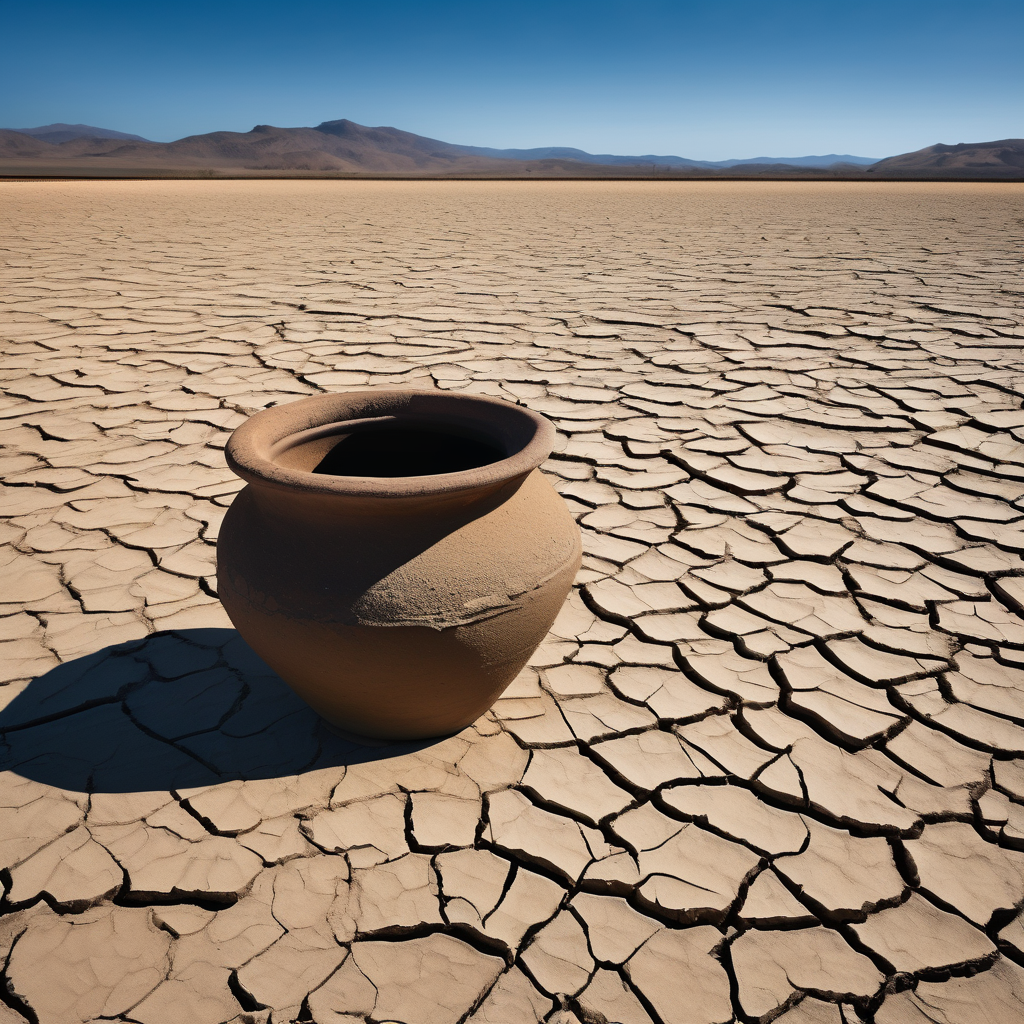In Kabul, Afghanistan, the ongoing struggle for access to clean water is an urgent reality for families such as Noorullah and Sanaullah’s. For these eight-year-old twins, their family’s reliance on a private well ended four years ago when it dried up, forcing them to spend their days carrying yellow jerrycans from communal taps instead of attending school. Consequently, disputes with other children over water collection have become routine. This alarming situation highlights a growing water crisis that exacerbates inequality and affects education, health, and daily living for countless Afghans.
A report by the Afghanistan Analysts Network underscores the severity of Kabul’s water woes, forecasting that the city’s groundwater may dry up entirely by 2030. Climate change is intensifying droughts and unpredictable rainfall, making Kabul one of Asia’s most water-challenged cities. Affluent and impoverished residents experience this crisis in starkly different ways. While wealthier individuals are able to dig deeper private wells, poorer families bear the financial burden of purchasing water from tankers, a considerable expense relative to their income.
Afghanistan’s water scarcity is emblematic of a broader global issue. In places like Suva, Fiji, families face prolonged water shortages, and like Kabul’s residents, they rely on communal or costly resources to meet their needs. The appeal for government intervention echoes globally, with communities urging improved infrastructure and management to ensure sustainable water access. As in Kabul, these shortages have profound effects on children’s education and public health, amplifying household struggles.
Despite the grim outlook, the collective response from these communities demonstrates a strong desire for transformative change. Through shared efforts and pressure on authorities, residents strive to establish a more stable and equitable future. Addressing this crisis is essential, recognizing water as a human right and fundamental necessity.
Addressing the dire water crisis demands urgent action and collaboration among local and international stakeholders to devise innovative solutions. Both immediate needs and long-term strategies must be considered to build resilience against environmental shifts. As communities around the globe, from Kabul to Suva, unite in advocacy, the aspiration endures for a brighter future. In such a scenario, children like Noorullah and Sanaullah can redirect their focus to education instead of the fight for water.
